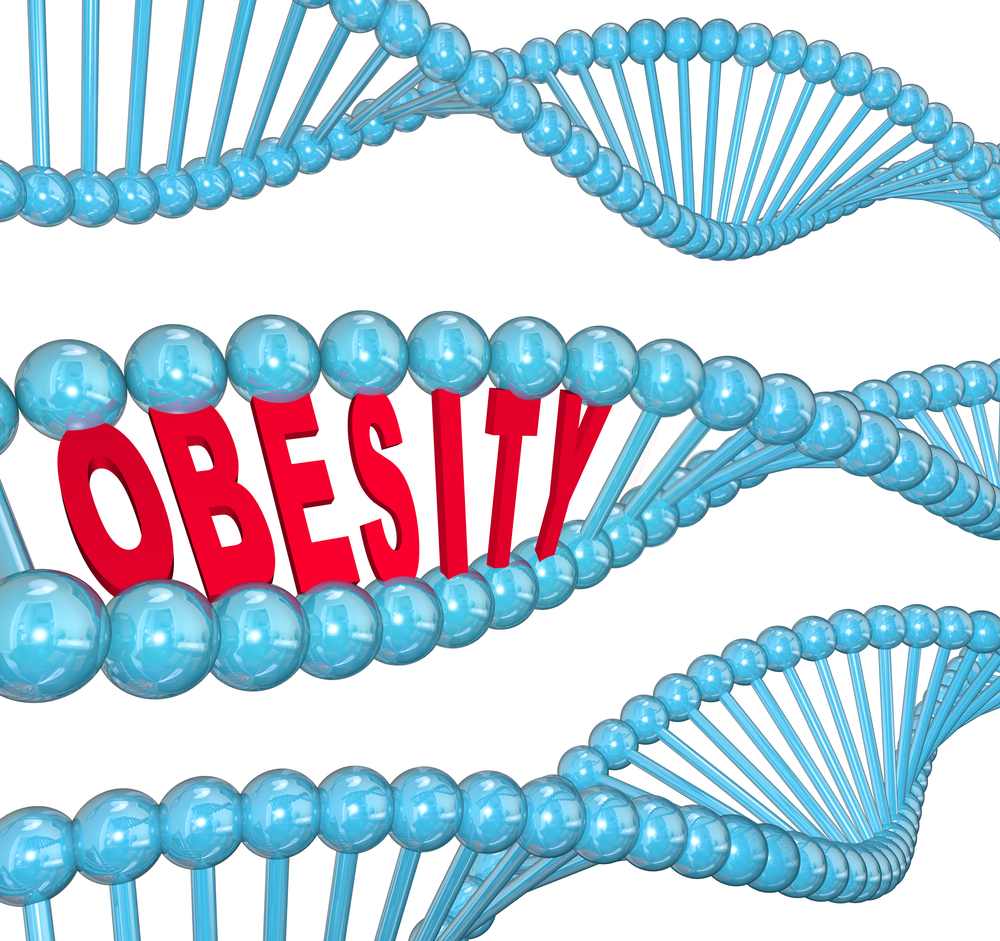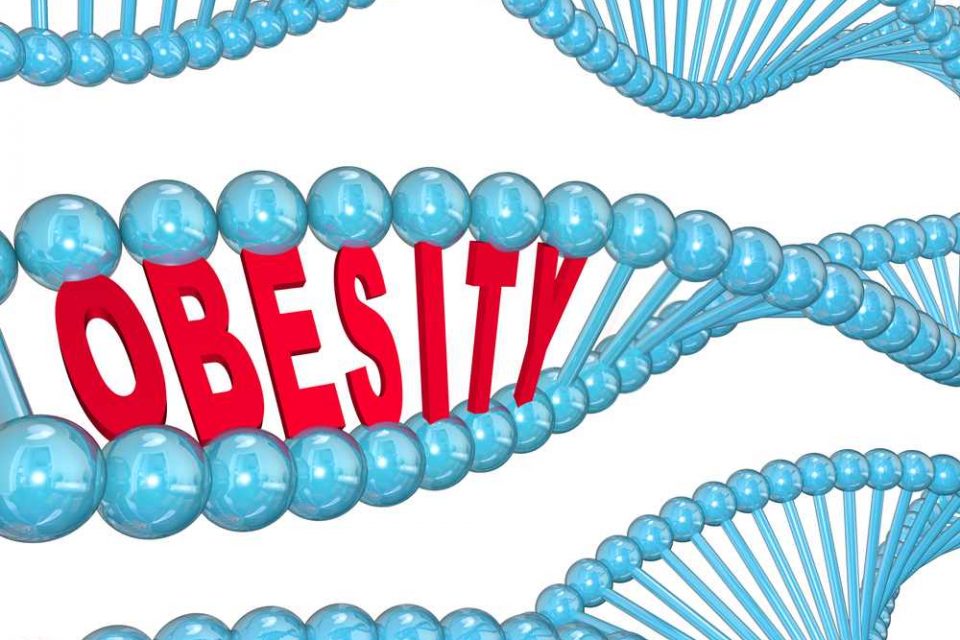
I should be fat and yet I’m not.
I was inspired to write this post because I took a DNA test to understand how I responded to certain foods and types of exercise. During the consultation with my genetic nutritionist I was told I am a carrier of the ‘thrifty genes’. I hadn’t even heard of them until I took the DNA test for diet and fitness.
Wikipedia defines these genes as: “genes which enable individuals to efficiently collect and process food to deposit fat during periods of food abundance in order to provide for periods of food shortage (feast and famine)”. In other words, I have the ability to pile on the pounds and become obese if there is too much food around, and I overeat.
My initial reaction was surprise. We live in a world where we are surrounded by food 24hrs a day and yet I’m not fat nor are my parents or siblings.
The thrifty genes have been passed down from generation to generation but I didn’t have to go that far back in my family history to see those genes in action. My dad’s mother, my grandmother, was obese. Her obesity was only triggered towards the end of the Second World War. During and immediately after the war, food was scarce, but once the economic situation had improved and food was available in abundance, my grandmother started eating far too much and became fat. She never managed to lose the excess weight.
What does all of this tell me?
First of all, just because you carry the ‘thrifty genes’ it doesn’t mean you will become fat.
The environment is just as important. Growing up in the 70’s and 80’s much of the food I ate was fresh and the food I ate was cooked from scratch. I never drank fizzy drinks, I played outdoors with my friends, and later as a teenager I played basketball.
A friend of mine started eating fast food in 1980’s as she thought it was the cool thing to do (in Luxembourg anyway). She never put on any weight. Now, imagine, if I had joined her on her fast food craze… I think it’s safe to assume that I would have piled on the pounds and fast! (Hang on, I actually did in my early 20’s as I couldn’t cook…)
Knowledge is power
Secondly, it tells me that knowledge is power. My personalised diet programme and the consultations with our genetic nutritionist have empowered me to work with my genes, not against them.
I know that whole foods are better for me. I know that I have to watch what I eat as I am sensitive to saturated fat and wheat, for example. I know what to do to eat/avoid to keep inflammation down in my body. I also know that skipping the odd meal is good for me. The saying “less is more” will increasingly become important as I grow older.
My grandmother didn’t have the DNA test at her disposal. Once she had gained all that weight, weight loss became almost impossible. She ate what she thought was healthy.
Having survived famine in post war Germany she probably couldn’t have got her head around portion control and skipping meals if it’d been suggested to her. And as to exercise….well, I don’t think that term even existed in her vocabulary.
Exercise and movement is key
Thirdly, regular exercise has to be part of my lifestyle. More so than some, my body needs to be consistently active. The ‘thrifty genes’ are so efficient that it’s not advisable to stop exercising for more than a few days (injuries permitting of course). Thankfully, I am a fitness coach! Besides, I actually enjoy exercising. My activities range from boxing to yoga, from running to lifting weights. I keep it varied so that my body doesn’t get used to any one activity. This is also important.
Your genes are not an excuse
Last but not least, the ‘thrifty genes’ might be used as an excuse as to why weight loss and exercise regimes won’t work. As a fitness coach I often get to hear: Well, I have the “fat gene”. So, I can’t lose weight”. Sadly as a result, some people won’t even start their journey to a healthier life. However, I too carry the ‘thrifty genes’ (or the “fat gene” if you like), and knowing this spurs me on and keeps me motivated towards an active and healthy lifestyle. Understanding your genetic makeup removes the guesswork around your health, fitness and nutrition efforts, and can save time and energy. The results should not create an obstacle to a happier, healthier life however.
Focus on your environment
To sum up, having the ‘thrifty genes’ doesn’t mean I am destined to become obese. The environment plays an important role and is arguably one of the main reasons whether or not those genes kick into action. Obesity is, of course, a complex condition and there are a myriad of reasons why people become obese. However, thanks to the DNA test and my personalised diet programme, I know that as long I as keep an eye on my portions, the type of foods I eat and continue to exercise, I should be ok. Knowledge is power.
Antonia Bannasch is a Fitness Coach and Co-Founder of Bodyshot Performance Limited. Bodyshot specialises in bringing the science of genetics to the world of fitness. Connect with the team @BodyshotPT or Facebook or visit our website at www.bodyshotperformance.com.


